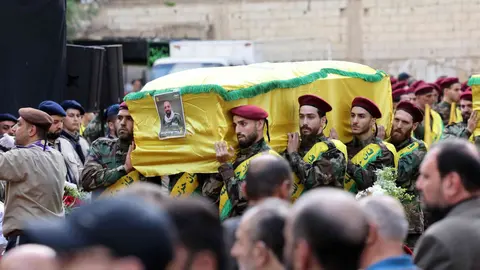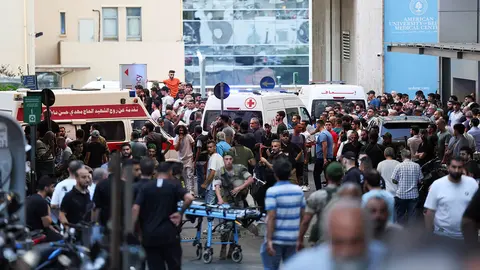Nasrallah admits Hezbollah suffered ‘heavy blow’ after electronic attacks
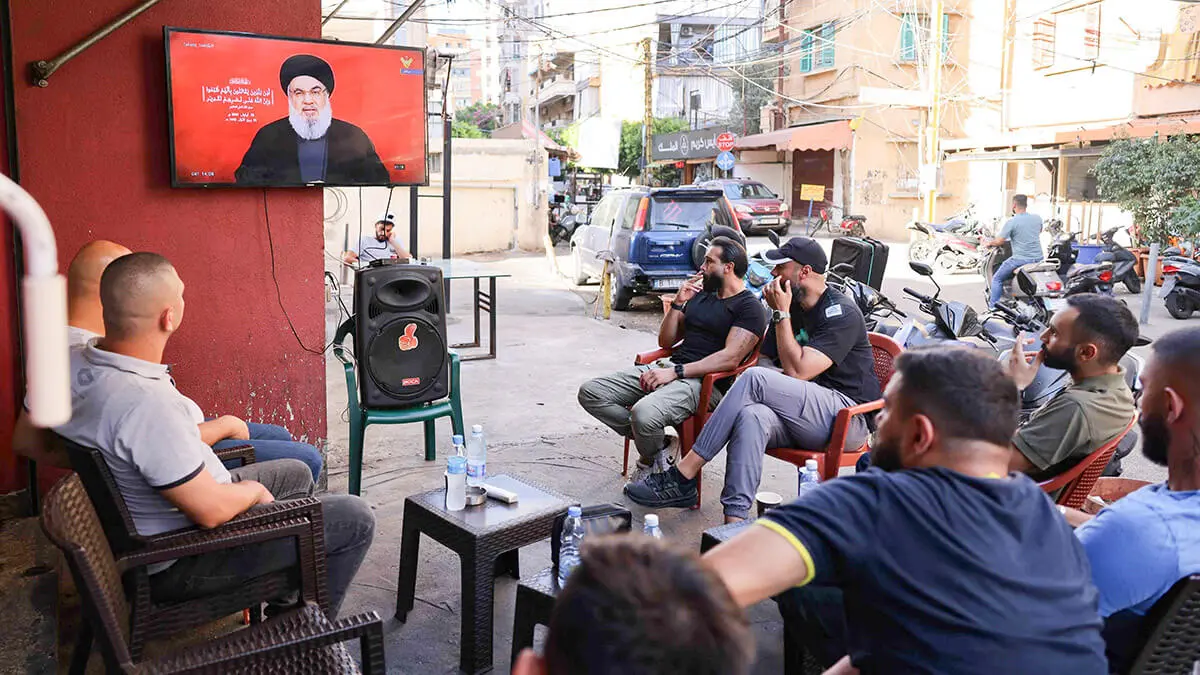
A day after the wave of explosions of electronic devices linked to Hezbollah, the group's leader, Hassan Nasrallah, admitted during a televised speech that the operation had dealt an ‘unprecedented blow’, although it had not affected ‘their ability to command and communicate’.
In total, the bus and walkie-talkie explosions have killed 37 people and injured nearly 3,000, most of them members of Hezbollah in Lebanon and Syria. It has also highlighted the great vulnerability of the militia, which has suffered its biggest security breach since its war with Israel began almost a year ago.
Nasrallah described the operation as ‘terrorism’ and said it was a ‘war crime or at least a declaration of war’. Referring to Israel, the Hizbollah leader claimed that ‘the enemy’ exceeded ‘all limits, rules and red lines’.
Shortly before the speech began, the Israel Defense Forces attacked Hezbollah targets in southern Lebanon in order to ‘degrade its terrorist capabilities and infrastructure’. Meanwhile, during the speech, Israeli fighter jets flew over Beirut, breaking the sound barrier over the Lebanese capital.
This is amazing. After being humiliated by Operation Grim Beeper, Hezbollah leader Hassan Nasrallah announced he'd give a speech today.
— Aviva Klompas (@AvivaKlompas) September 19, 2024
As he spoke, Israeli fighter jets flew over Beirut and to break the sound barrier and shoot flares. pic.twitter.com/0VtsKFO0Ee
Nasrallah predictably vowed revenge, assuring that they will respond to what happened in a way that Israel ‘may or may not expect’. ‘I will not talk about the place, the time, the location details. You will find out when it happens. This settling of scores will happen,' the Hezbollah leader said, noting that they were 'at a very sensitive stage of the battle'.
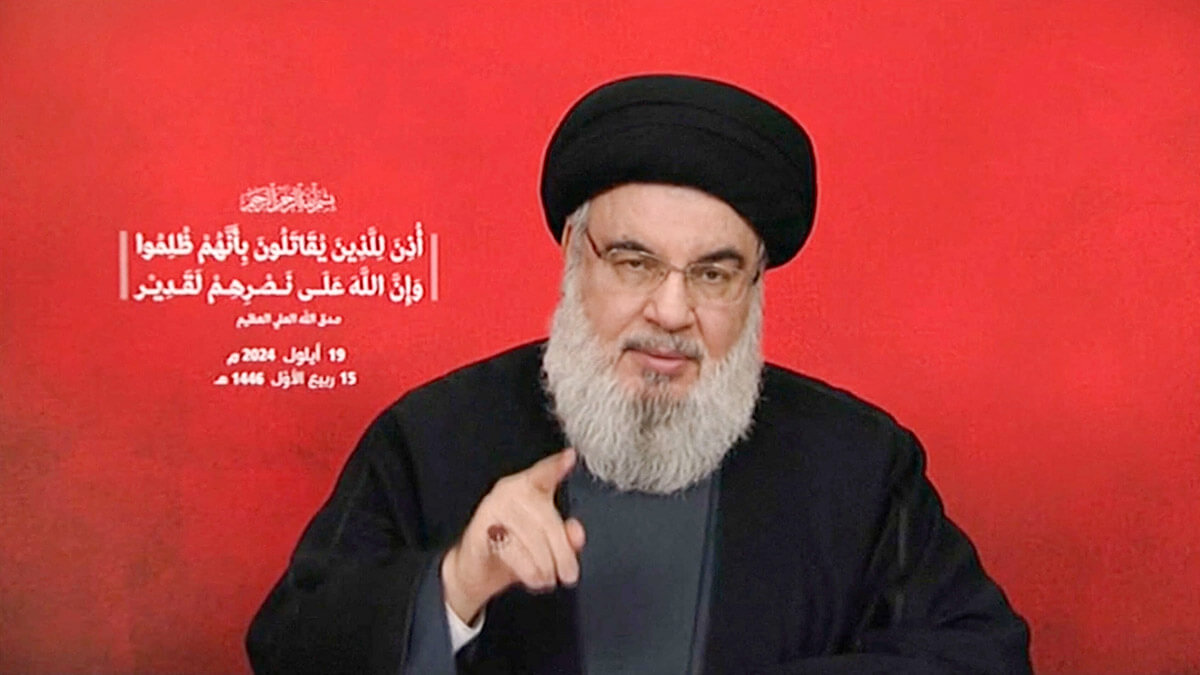
The Islamic Republic of Iran-backed Shi'ite militia began its offensive against Israel a day after the 7 October Hamas attack. Since then, it has fired shells into northern Israel on a near-daily basis, causing thousands of people to evacuate. Israel has responded by attacking Hizbollah positions, which refuses to cease attacks until a ceasefire is reached in the Gaza Strip.
Hezbollah's threats are also being met with threats from the Iranian regime, which promises a ‘crushing response from the axis of resistance’. The commander of the Islamic Revolutionary Guard Corps (IRGC), Hossein Salami, stressed in a message to Nasrallah that ‘such terrorist acts are undoubtedly the result of the Zionist regime's desperation and successive failures’.
Second wave of explosions in Lebanon's capital Beirut. This time they used hand held radios (Walkie Talkies) instead of pagers. Again dozens are injured and casualties are high. pic.twitter.com/jVvoWp3sUC
— Imtiaz Mahmood (@ImtiazMadmood) September 18, 2024
The US, for its part, has reiterated its commitment to Israel's defence against threats from terrorist groups, including Hezbollah and other Iranian allies, while stressing that its priority is de-escalation in the region. ‘The United States does not want either side to escalate the conflict in the Middle East,’ said US State Department spokesman Matthew Miller.
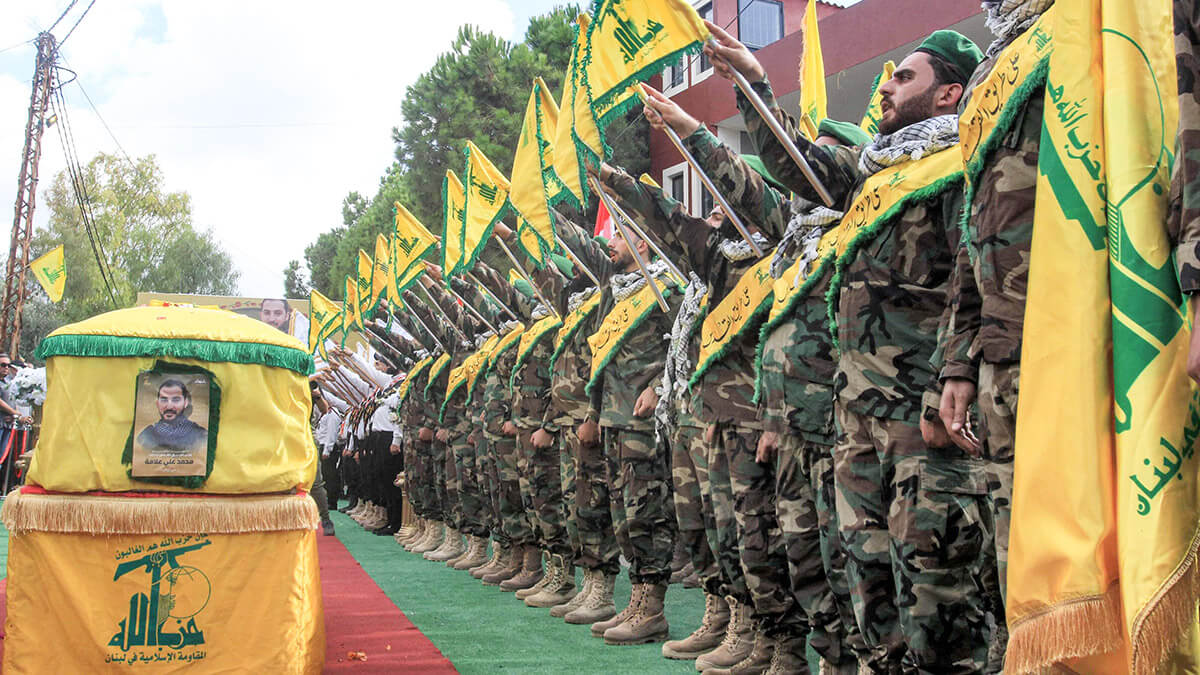
Israel maintains its ‘course of action’ and attacks Hezbollah positions in Lebanon
Israel, through its Defence Minister Yoav Gallant, has already made clear its ‘course of action will continue’ with the aim of fulfilling war aims, including the return of people in the north of the country to their homes.
‘Hezbollah feels under pressure and our series of military actions will continue,’ Gallant said, assuring that the terrorist group ‘will pay an increasing price as time goes by’.
In addition to the Pre-Emptive Strike earlier tonight on Southern Lebanon, which resulted in the Destruction of over 150 Ready-to-Launch Rockets; the Israel Defense Force has now announced that Precision Strikes were carried out in the last few hours on another 100 Launchers and… pic.twitter.com/VxUINYCyPK
— OSINTdefender (@sentdefender) September 19, 2024
Overnight, the Israeli air force has struck 100 Hezbollah rocket launchers ready to fire 1,000 rockets into Israel, as well as military structures and weapons storage facilities in several areas of southern Lebanon.
In response, Hizbollah launched some 50 Iranian-made Falaq missiles into northern Israel, injuring a woman in the border town of Metula.
Due to Hezbollah's retaliation, Israeli authorities ordered residents of the north to stay close to protected areas, avoiding travel on roads and crowded events overnight, although by this morning all restrictions in the area had been lifted.

